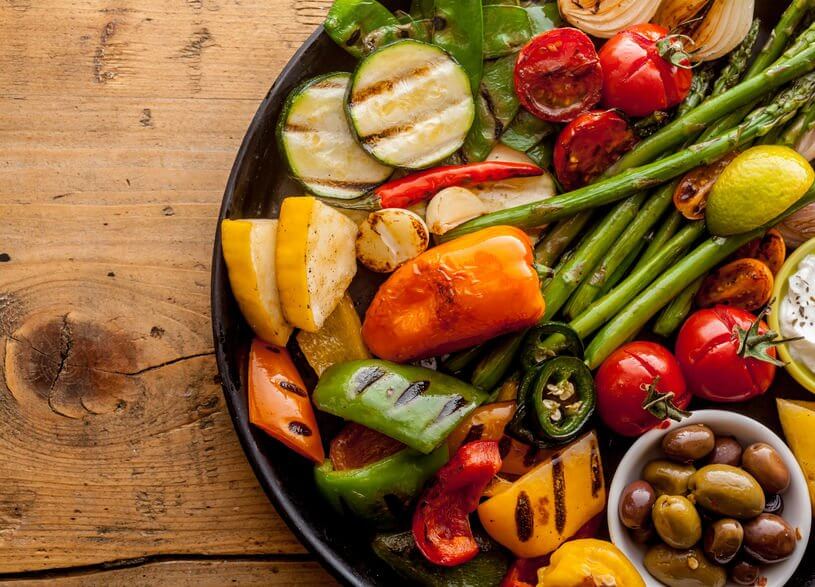
There’s a lot of myths and controversy out there when it comes to eating a diet high in fat and low and carbohydrates.
On one end of the spectrum are people who say it’ll kill you, because you’re not consuming all of what the government decided, in the 70s, are food groups.
On the other end of the spectrum are people who say a high-fat, low-carbohydrate diet is the proper human diet.
Obviously I’m on the end that considers it the proper human diet.
But even people who agree with me often have a ton of misconceptions about eating a diet high and fat and low in carbohydrates, and one of those myths is that you don’t eat ANY carbohydrates.
People who say this, in my experience, are trapped in the mainstream society understanding of what a carbohydrate actually is.
Yes, stuff made from grains, like pasta, bagels, bread, and so on, are carbs. So is fruit.
But guess what?
VEGETABLES are also carbohydrates.
Does that surprise you? If so, you’re not alone.
We eat vegetables on Code Red, so if you hear anyone saying we don’t eat any carbs, they’re misinformed.
In weight loss mode we do eliminate certain veggies, because they’re either very starchy (which spikes more insulin and slows weight loss), or because they stall weight loss for other reasons.
But that still leaves a TON of veggies for you to enjoy with your meat, nuts, seeds, eggs, seafood, and healthy dietary fat.
Phrases like “low-carb” are casually thrown around these days by people who see them as a gimmicks and fads, so it’s no surprise the reality is so convoluted.
The reality of a high-fat, low-carbohydrate eating plan is that when you do it correctly, like we do on the Code Red Lifestyle™, you ARE eating carbs, in the form of vegetables.
You don’t need bullcrap “healthy whole grains” to get all your nutrients, because anything you can find in grains you can find in the other foods we eat, including veggies.
Plus, you’re getting those nutrients WITHOUT also subjecting yourself to the horrific inflammation that accompanies consumption of so-called “healthy whole grains.”
There are lots more low-carb myths out there, and they’re just as convoluted as this one.
Instead of taking them at face value, take them with a grain of salt.
